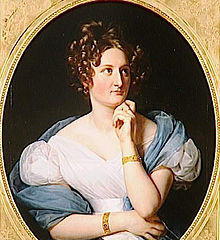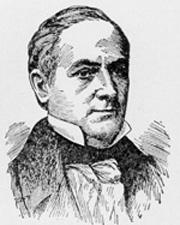Known Quotes - Page 10

I have always known that the best of the Saracens could out-Christian many of us Christians.
Ellis Peters (2014). “The Leper Of Saint Giles”, p.212, Head of Zeus
Elizabeth Goudge (2001). “The Little White Horse”, p.156, Penguin
Elizabeth George Speare (1958). “The Witch of Blackbird Pond”, p.245, Houghton Mifflin Harcourt
A good problem statement often includes what is known, what is unknown, and what is sought.
Edward Hodnett (1955). “The art of problem solving: how to improve your methods”, Harper & Brothers
He that has never known adversity is but half acquainted with others, or with himself.
Charles Caleb Colton (1836). “Lacon: Or, Many Things in Few Words, Addressed to Those who Think”, p.238
Catherine Fisher (2011). “Incarceron”, p.11, Penguin
"Broca's Brain: Reflections on the Romance of Science".
The most that any of us know, is the least of that which is to be known.
Benjamin Whichcote (1753). “Moral and religious aphorisms collected from the manuscript papers of the reverend and learned Doctor Whichcote; and published in 1703, by Dr. Jeffery. Now re-published, with very large additions, ... by Samuel Salter, ... To which are added, Eight letter”, p.48
Benjamin Franklin (1987). “Poor Richard's Almanack: Being the Choicest Morsels of Wisdom, Written During the Years of the Almanack's Publication”, p.46, Peter Pauper Press, Inc.
B. K. S. Iyengar (2016). “Sparks of Divinity: The Teachings of B. K. S. Iyengar”, p.22, Shambhala Publications
Aristotle (1871). “The Nicomachean Ethics of Aristotle”, p.155
Nobody is afraid of the unknown, what you really fear is the loss of the known.
Anthony De Mello (2011). “Awareness: Conversations with the Masters”, p.29, Image
For once a thing is known, it can never be unknown. It can only be forgotten.
Anita Brookner (2012). “Look at Me”, p.9, Vintage
It is in the love of one's family only that heartfelt happiness is known.
Thomas Jefferson, Jerry Holmes (2002). “Thomas Jefferson: A Chronology of His Thoughts”, p.176, Rowman & Littlefield
Thomas Carlyle (1847). “Critical and Miscellaneous Essays: Collected and Republished”, p.166






